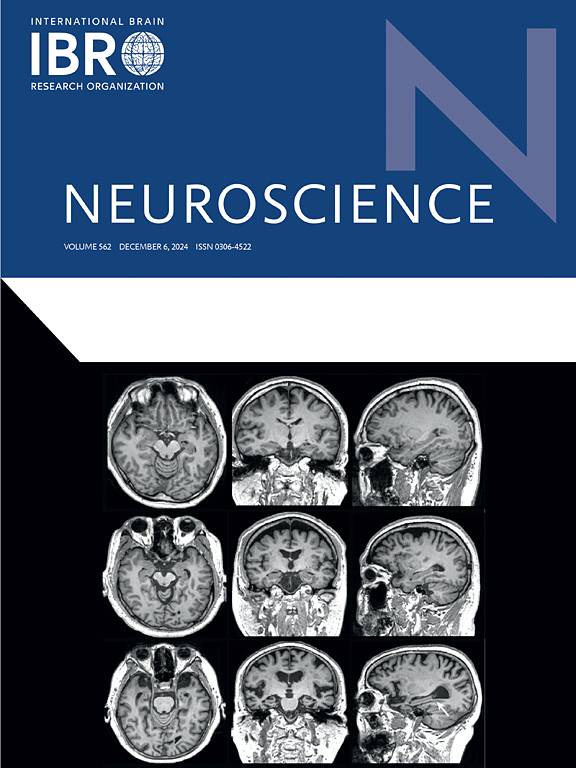Microbial infection instigates tau-related pathology in Alzheimer’s disease via activating neuroimmune cGAS-STING pathway
IF 2.9
3区 医学
Q2 NEUROSCIENCES
引用次数: 0
Abstract
Microbial infection, the strong trigger to directly induce inflammation in brain, is long considered a risk factor of Alzheimer’s disease (AD), but how these infections contribute to neurodegeneration remains underexplored. To examine the effect of herpes simplex virus type 1 (HSV-1) infection on tauopathy in local hippocampus of P301S mice, we utilized a modified HSV-1 strain (mHSV-1) potentially relevant to AD, we found that its infection promotes tau-related pathology in part via activating neuroimmune cGAS-STING pathway in the tau mouse model. Specifically, Sting ablation causes the detectable improvement of neuronal dysfunction and loss in P301S mice, which is causally linked to lowered proinflammatory status in the brain. Administration of STING inhibitor H-151 alleviates neuroinflammation and tau-related pathology in P301S mice. These results jointly suggest that herpesviral infection, as the vital environmental risk factor, could induce tau-related pathology in AD pathogenesis partially via neuroinflammatory cGAS-STING pathway.
微生物感染通过激活神经免疫cGAS-STING通路引发阿尔茨海默病的tau相关病理
微生物感染是直接诱发脑部炎症的强大诱因,长期以来被认为是阿尔茨海默病(AD)的风险因素,但这些感染如何导致神经退行性病变仍未得到充分探讨。为了研究单纯疱疹病毒1型(HSV-1)感染对P301S小鼠局部海马tau病变的影响,我们利用了一种可能与AD相关的改良HSV-1株(mHSV-1),我们发现它的感染在tau小鼠模型中部分是通过激活神经免疫cGAS-STING通路来促进tau相关病变的。具体来说,Sting消融会导致P301S小鼠的神经元功能障碍和损失得到可察觉的改善,这与脑内促炎状态的降低有因果关系。STING 抑制剂 H-151 可减轻 P301S 小鼠的神经炎症和 tau 相关病理变化。这些结果共同表明,疱疹病毒感染作为重要的环境风险因素,可部分通过神经炎症cGAS-STING途径诱导AD发病机制中的tau相关病理变化。
本文章由计算机程序翻译,如有差异,请以英文原文为准。
求助全文
约1分钟内获得全文
求助全文
来源期刊

Neuroscience
医学-神经科学
CiteScore
6.20
自引率
0.00%
发文量
394
审稿时长
52 days
期刊介绍:
Neuroscience publishes papers describing the results of original research on any aspect of the scientific study of the nervous system. Any paper, however short, will be considered for publication provided that it reports significant, new and carefully confirmed findings with full experimental details.
 求助内容:
求助内容: 应助结果提醒方式:
应助结果提醒方式:


